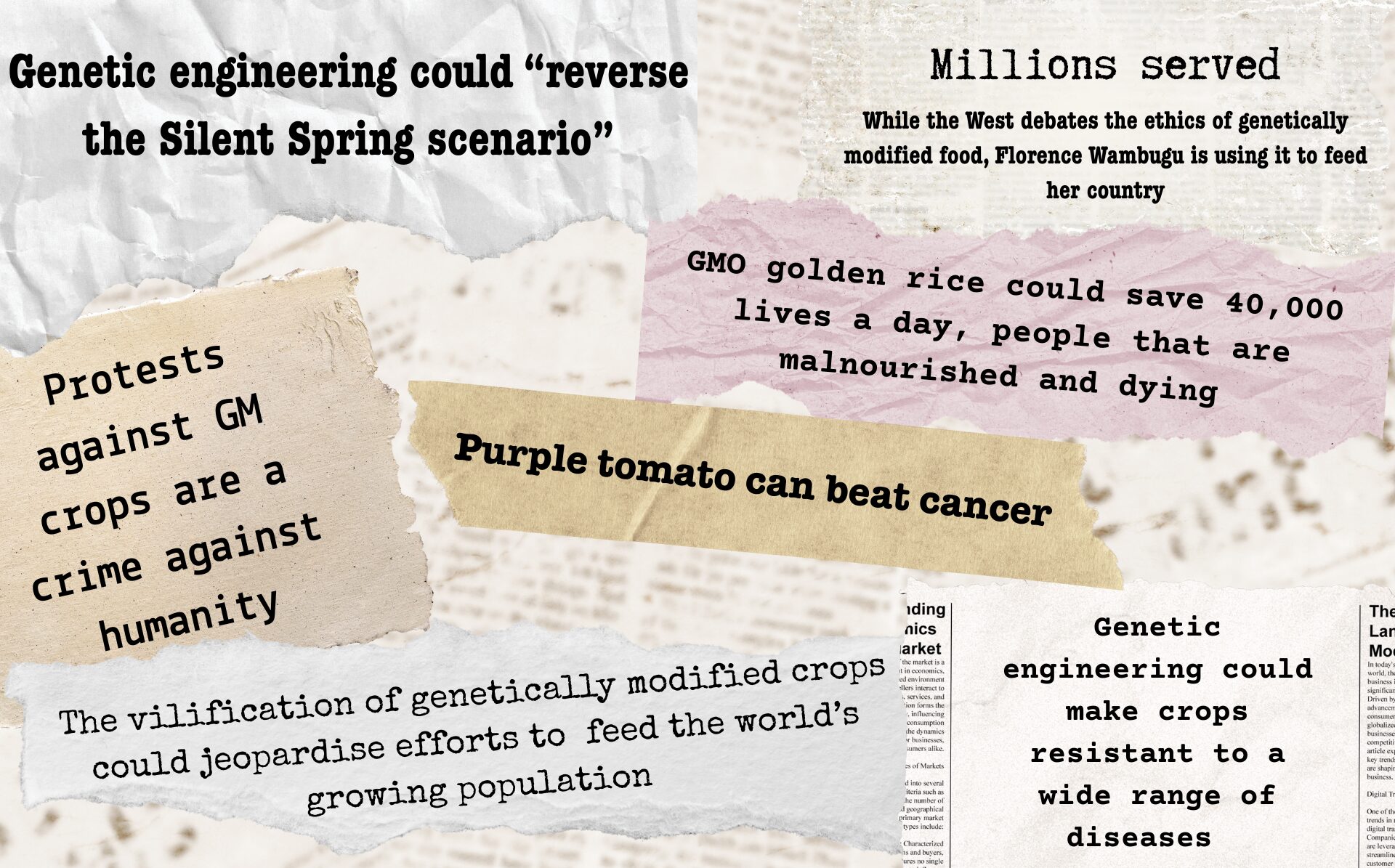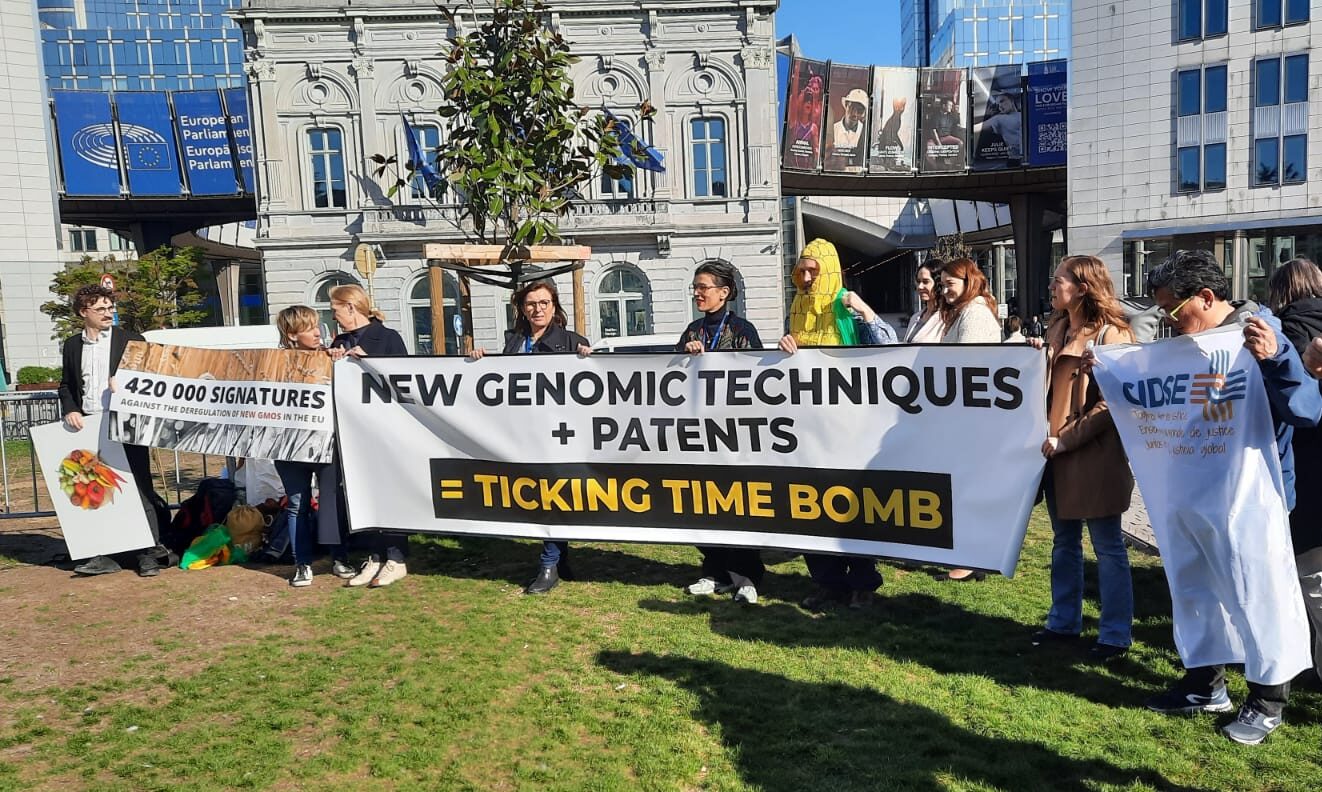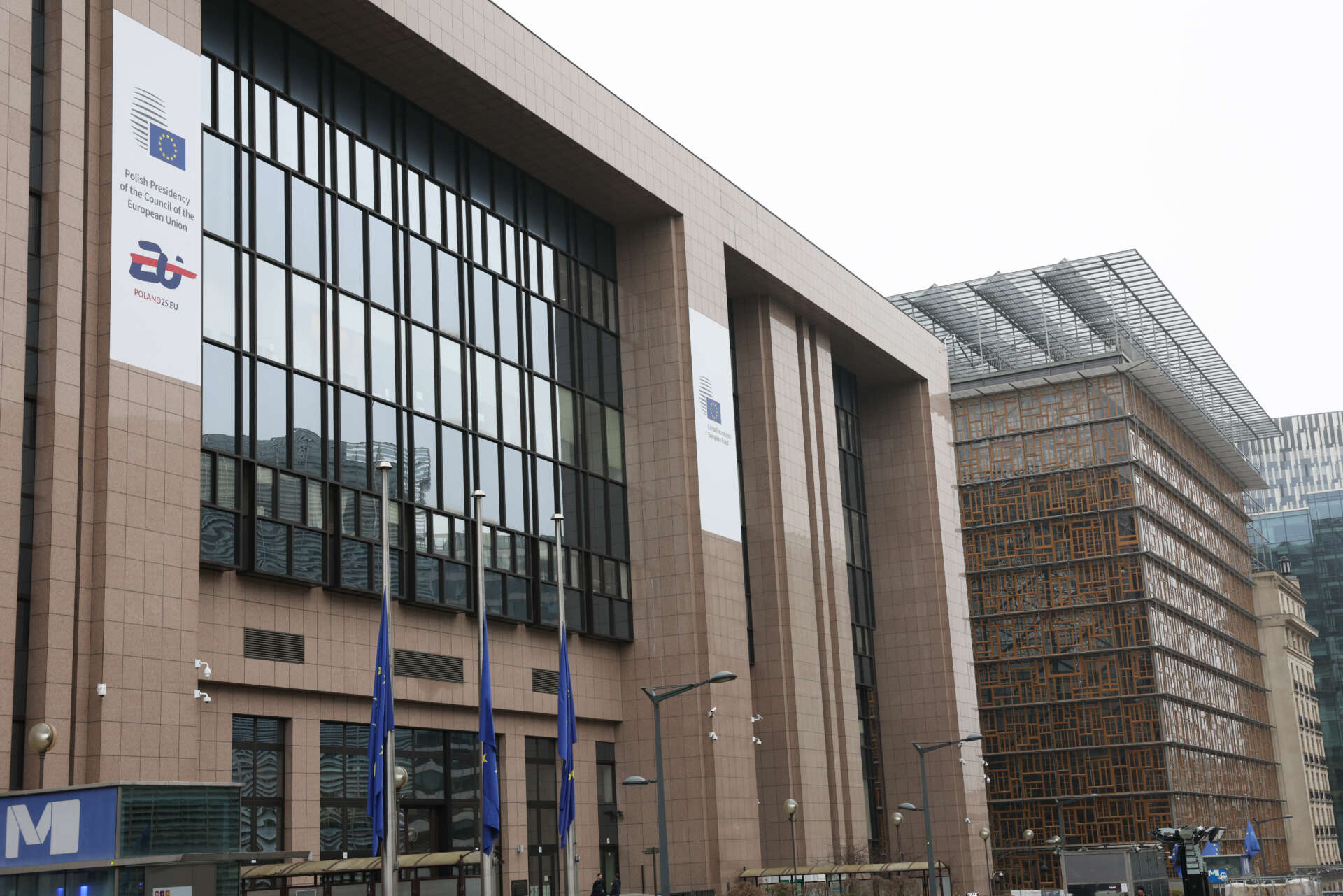Whatever happened to GM Golden Rice? And wasn’t GM salmon supposed to revolutionise aquaculture? Three decades after the first GMO crops were planted, Save Our Seeds, in collaboration with GMWatch, with contributions from Beyond GM, explores the fate of eight GMO promises once presented as game-changers. The conclusion: bold claims, dismal delivery. In 1995, the US Department of Agriculture approved…










